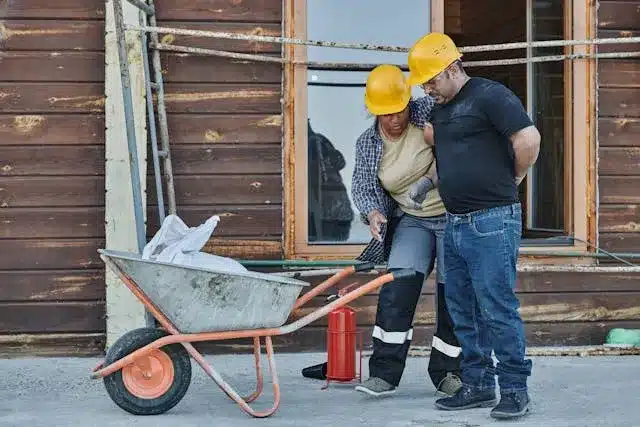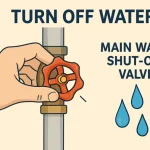Suffering an injury at work can be both physically painful and emotionally overwhelming. Between doctor’s appointments, time off work, and the uncertainty of recovery, the last thing you want is to be bogged down by a confusing legal process. Fortunately, workers’ compensation is designed to help. This guide walks you through the step-by-step process of filing a workers’ comp claim—and why it’s crucial to find a local workers’ comp lawyer if your claim gets complicated.
Also Read: Drive, Chill, Repeat: BougeRV 12V Car Fridge for Travel
Step 1: Report the Injury Immediately
The first step is always to report the injury to your supervisor or employer as soon as it happens. Each state has different deadlines for when an injury must be reported—sometimes within days. Failing to notify your employer in time could result in the denial of your claim.
Be as detailed as possible when describing the incident, including how and when it happened and any witnesses who were present. Make sure this is documented in writing, and request a copy of the report.
Step 2: Seek Medical Attention
Your health should be your priority. Depending on your employer’s insurance provider or state laws, you may need to visit an approved doctor. Make sure to inform the healthcare provider that your injury is work-related so they can document it accordingly.
Keep copies of all medical records, prescriptions, and receipts, as they will play a vital role in supporting your claim.
Step 3: File a Workers’ Compensation Claim
Once your injury is reported and treatment begins, your employer should provide you with a workers’ compensation claim form. In some states, you may also be required to submit paperwork to the workers’ comp board yourself.
The claim typically asks for details like:
- Date, time, and location of the incident
- Nature of the injury
- Names of witnesses
- Medical providers and treatments received
Ensure all forms are completed accurately and submitted within state-specific deadlines.
Step 4: Wait for the Insurance Company’s Decision
After the claim is submitted, the employer’s workers’ comp insurance carrier will investigate. They may request additional information or statements. Within a few weeks, they will notify you whether your claim is accepted or denied.
If approved, you’ll start receiving benefits, which might include:
- Medical expenses
- Temporary or permanent disability payments
- Vocational rehabilitation services
If denied, you’ll be given a reason—often disputing whether the injury is work-related or questioning the severity.
Step 5: Consider Legal Help If Denied or Delayed
Unfortunately, many legitimate claims are initially denied. Insurance companies may dispute the extent of your injuries, delay payments, or argue that your injury happened outside of work.
This is where it becomes critical to find a local workers’ comp lawyer. A qualified attorney can:
- Review your denial letter and build a strong appeal
- Represent you in hearings or mediation
- Gather evidence and medical testimony
- Ensure you meet legal deadlines
Local attorneys are especially helpful because they’re familiar with state-specific laws and procedures. They can navigate the complex legal landscape on your behalf and ensure you receive the benefits you’re entitled to.
Step 6: Attend Hearings or Mediation (If Needed)
If your claim is contested or denied and you file an appeal, you may need to appear before a workers’ compensation judge. Mediation may also be offered as an alternative to a hearing.
An experienced local workers’ comp lawyer can prepare you for these meetings, represent your interests, and negotiate fair settlements.
Step 7: Focus on Recovery
Once your benefits are approved and your treatment is underway, your job is to follow medical advice, attend therapy sessions, and keep your employer informed about your recovery status.
You may be required to undergo periodic evaluations or return to work with modified duties. Keep communication open and document everything.
Final Thoughts
Navigating the workers’ compensation process can feel overwhelming, especially when you’re recovering from an injury. While the system is designed to support injured workers, delays and denials are common. That’s why it’s so important to find a local workers’ comp lawyer who can advocate for you when challenges arise.







